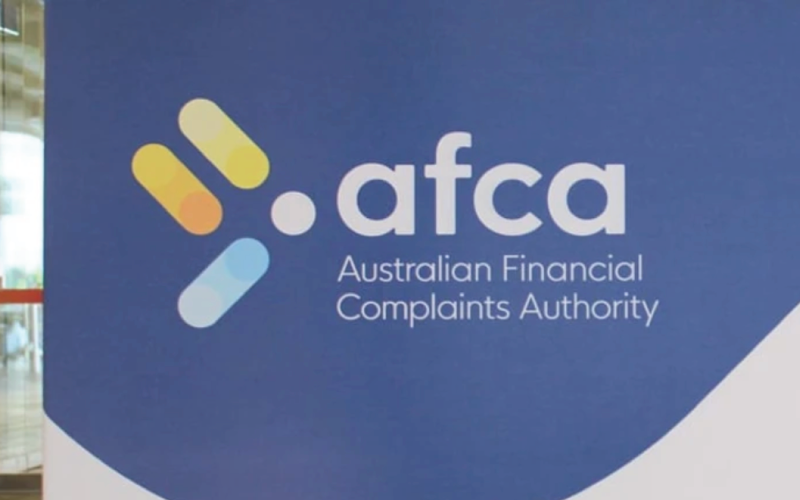The Australian Financial Complaints Authority (AFCA) is a free and independent, external dispute resolution (EDR) scheme that resolves complaints made by consumers and small businesses regarding general insurance products in Australia.
AFCA handles a wide range of general insurance complaints, including but not limited to:
- Issues related to policy coverage and terms
- Claims handling and disputes
- Premiums and fees
- Policy cancellation and non-renewal
- Misrepresentation or non-disclosure
- Mis-selling and inappropriate advice
When a customer makes a general insurance complaint to AFCA, the financial firm has 30 days to resolve the complaint. If it is not resolved within that timeframe, it will be referred to AFCA for further investigation. AFCA will then conduct an investigation, which may involve gathering information from both the customer and the financial firm, and may also involve facilitating negotiation or conciliation between the parties.
If a resolution is not reached through these means, AFCA may make a binding determination on the dispute. The determination will be based on the evidence and information gathered during the investigation and will be fair and impartial.
If you have a complaint about your home insurance claim, going to AFCA can provide you with a number of benefits, as well as some challenges.
Benefits of Going to AFCA with a Home Insurance Claim Complaint
- Free and Independent: AFCA provides a free and independent service to consumers, meaning that you won’t have to pay any fees to use their service.
- Faster Resolution: AFCA can order the financial firm to pay compensation or take other steps to resolve the dispute. This can lead to a faster resolution than going through the court system.
- Expertise: AFCA staff have expertise in handling financial disputes, which means that they are well-equipped to understand the complexities of your home insurance claim.
- Wide Jurisdiction: AFCA has jurisdiction over a wide range of financial firms and products, including home insurance. This means that you can lodge a complaint with them even if the financial firm is not based in Australia.
- Binding decisions: AFCA decisions are binding on the financial firm, but not on the complainant. Once a decision is made, the financial firm is required to comply with the terms of the decision. If the financial firm does not comply with the decision, it may be subject to regulatory action.
Challenges of Going to AFCA with a Home Insurance Claim Complaint
- Time-consuming: Going through the complaint process with AFCA can be time-consuming, and it may take several weeks or months before a decision is made.
- Limited Compensation: AFCA can only award compensation up to $1 million for general insurance claims, which may not be sufficient to fully compensate you for your loss. There may be some exceptions to this limit depending on the specific circumstances of the case.
- Limited Remedies: AFCA’s powers are limited to ordering financial firms to pay compensation or take other steps to resolve the dispute. They do not have the power to impose fines or penalties, or to order a financial firm to change its practices.
- Advantage for Insurers: Insurers that have experience dealing with AFCA may have a greater likelihood of winning disputes as they will have a better understanding of the complaint resolution process and the expectations of AFCA. They will also be familiar with the types of evidence and information that are required to support their position and will have a better understanding of the regulatory requirements and industry standards that apply to general insurance complaints. This will help them to present their case in a clear and compelling way, which can increase the chances of a successful outcome.
- Current backlogs: AFCA have experienced a spike in general insurance complaints related to recent flood events. Among the complaints received, delays in claim handling are the most common cause of dispute, followed by claim amounts and claim denials. This increase in complaints has placed strain on AFCA’s ability to respond, making it particularly important to draft any submissions in a clear and compelling manner, and in a structure similar to how AFCA will draft their response.
- Binding Decisions: It’s worth noting that, if the complainant is not satisfied with the decision, they can apply to the court or tribunal for a review of the decision, but this is a complex process, and it is recommended to seek legal advice before proceeding with this.
Overall, going to AFCA with a home insurance claim complaint can be a good option for consumers who want a free and independent dispute resolution service. However, it’s important to be aware of the challenges involved and to consider how you draft your submissions in a way that will increase the likelihood of AFCA finding in your favour.
To lodge a complaint with AFCA, you can:
- Submit a complaint online through the AFCA website at https://www.afca.org.au/making-a-complaint
- Call AFCA on 1800 931 678 (free call)
- Email your complaint to info@afca.org.au
- Mail your complaint to: Australian Financial Complaints Authority, GPO Box 3, Melbourne VIC 3001
Should you have any questions or require support in making a complaint or managing the AFCA process, please do not hesitate to book a free claim consultation on our Facebook page, alternatively, you can visit our website at www.claimshero.au, or call us on 1300 219 469.
Note: This blog post provides general information only for educational purposes and does not take into account your specific circumstances. You should seek professional legal or financial advice tailored to your personal situation before making any decisions or taking any action based on the information provided in this blog.

